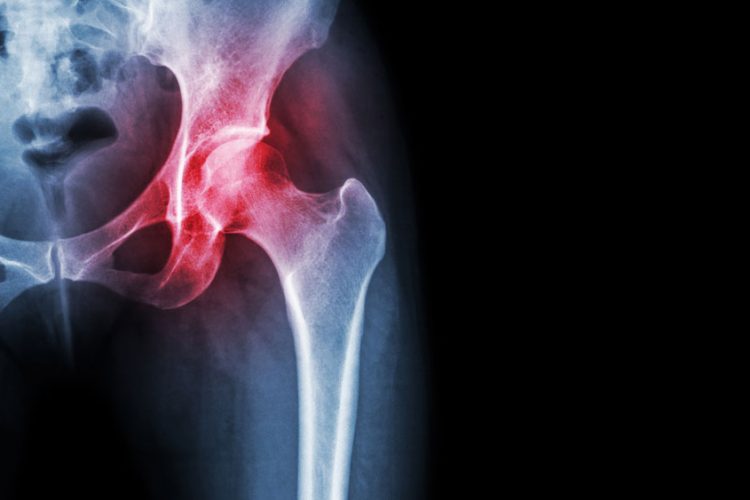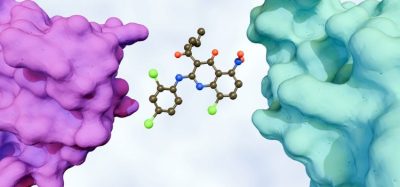Long-term PPI use does not increase hip fracture risk in Alzheimer’s patients
Posted: 16 March 2018 | European Pharmaceutical Review | No comments yet
Researchers have found that the long-term proton pump inhibitor use does not increase the risk of hip fracture among persons with Alzheimer’s disease…


Long-term proton pump inhibitor (PPI) use does not increase the risk of hip fracture among persons with Alzheimer’s disease, according to a new study from the University of Eastern Finland. The risk of hip fracture was slightly increased for PPI use of less than one year, but not for long-term or cumulative use during a follow-up period of 10 years. In addition, there were no significant differences between PPI drug substances and the associated risk of hip fracture.
Some previous studies have suggested that long-term PPI use may increase the risk of hip fracture. According to this new study, however, the risk of hip fracture is not increased even in long-term use. Proton pump inhibitors are effective drugs for dyspepsia, gastroesophageal reflux disease and peptic ulcer and they are commonly and increasingly used among the older population. Due to their gastro-protective properties, they are also co-prescribed with nonsteroidal anti-inflammatory drugs and corticosteroids.
The study is based on the register-based MEDALZ-cohort comprising data on all community-dwelling persons diagnosed with Alzheimer’s disease in Finland in 2005-2011. The study population included 4,818 persons with Alzheimer’s disease and an incident hip fracture, and 19,235 persons without hip fracture. The mean age of the study population was 84 years. For each person with Alzheimer’s disease who experienced their first hip fracture, up to four controls without hip fracture were matched by age, sex and time since the Alzheimer’s disease diagnosis. All proton pump inhibitors available in Finland were investigated.
The analyses were adjusted for other medication increases the risk of fall, osteoporosis, socioeconomic status, long-term hospital care, history of psychiatric diseases, and chronic diseases increasing the risk of fall or fracture.
The findings were published in Alimentary Pharmacology & Therapeutics.
Related topics
Clinical Development, Drug Development, Research & Development (R&D)









